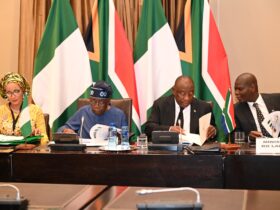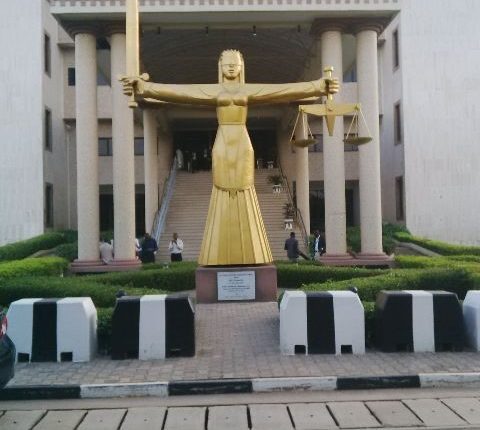The Community Court of Justice, ECOWAS on 3 December 2024 upheld the right to work of a Gambian lawyer and diplomat Mr Melville Roberts but dismissed his claims regarding violations of his rights to presumption of innocence, fair trial, and human dignity including freedom from mental torture.
In the initiating application with suit number ECW/CCJ/APP/65/21 the Applicant, Mr Roberts, through his lawyers Messrs Femi Falana and Marshal Abubakar alleged that he was subjected to smears and a “media trial” following accusations of rape by women with whom he had prior relationships. He contended that the smear campaign and media trial by state and non-state actors, and his suspension from the Gambian Foreign Service violated his rights to presumption of innocence, fair trial, work, and freedom from mental torture.
The lawyers for Mr Roberts filed for default judgment after the Respondent, The Gambia, failed to respond to the Application within the stipulated time under the Rules of the Court.
In its findings, the Court noted that statements made by an alleged government official on his private social media account condemning rape and calling for an investigation into the allegations cannot be attributed to The Gambia. The Court concluded that “the Applicant’s claim that the Respondent violated his rights to a fair trial, dignity and freedom from torture or degrading treatment through a media trial is not well founded as the said media trial cannot be attributed to the Respondent.”
On the alleged violation of his rights to presumption of innocence, equality and work, the Court held that Mr Roberts’ suspension during the investigation into the rape allegations was a standard administrative practice and did not amount to a violation of his rights. However, the Court found that the prolonged delay of about four years by the state in acting on the Investigation Report violated his right to work as it hindered his ability to earn a living. It therefore ordered The Gambia to pay 10,000 USD in the equivalent of its local currency as compensation for the violation of the Applicant’s right to work. The Court also ordered The Gambia to take a definitive action on the prolonged criminal investigations of the Applicant, either by initiating prosecution or formally discontinuing the criminal processes against him.
Both parties were directed to bear their own legal costs.
The panel of the Court that heard the case were Honourable Justices Ricardo Cláudio Monteiro Goncalves (presiding), Dupe Atoki (panel member) and Edward Asante (judge rapporteur).













